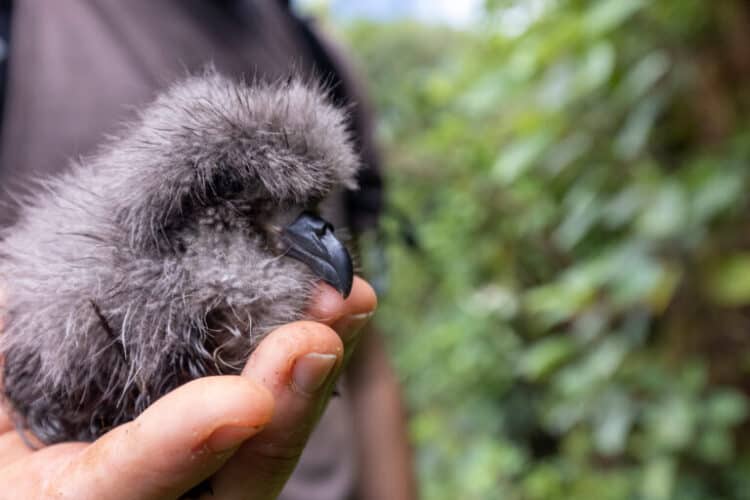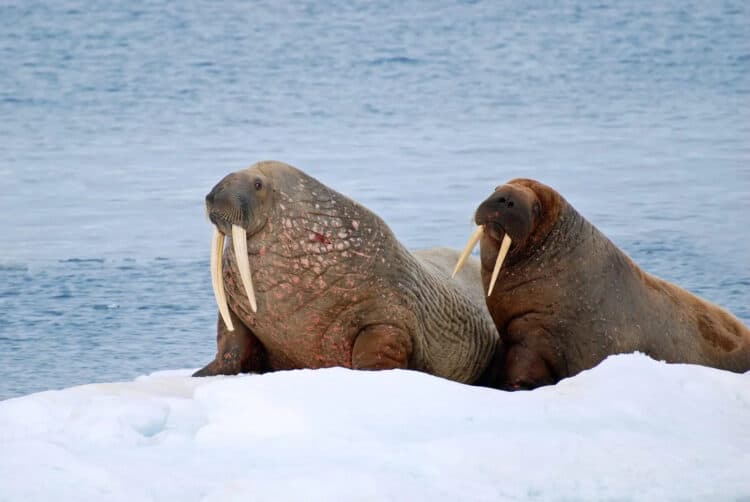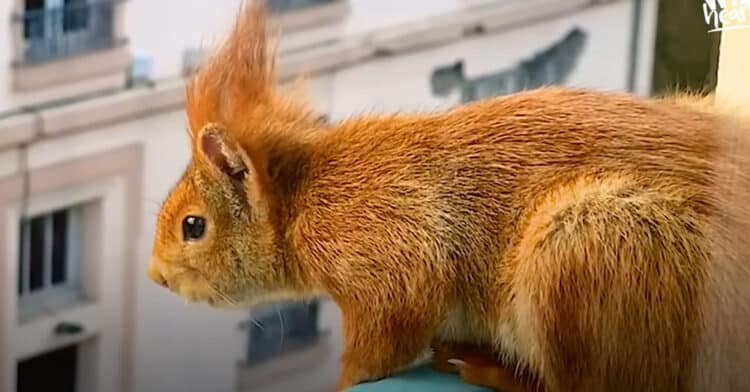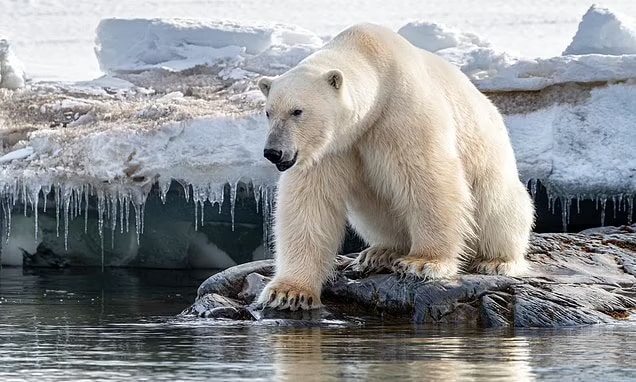Invasive alien predators, especially rats, are the biggest threat to the birds of the Pacific region. Their spread across the Pacific has followed the movements of people, particularly Europeans, over the last two centuries. These invaders, as they “stepped off the boat”, heralded the beginning of the decline of many bird species.
Today, the Pacific region has 42 bird species that are classified as Critically Endangered, a quarter of the world’s total of such species.
BirdLife and its Pacific Partners have already cleared 40 islands of invasive species: the recovery of previously declining species on these islands has been spectacular. It is one of two actions that can ensure the continuing survival of species. The second, which is also the most cost effective option, is to prevent invaders from arriving in the first place.

In both cases, biosecurity is the essential component. Moreover, it makes good economic sense both for places that invasive predators not yet reached and those from which they have been removed. While this seems like simple common sense, in places where boats are vital to everyday life, an opportunistic rat will always try to catch a lift. It only takes a romantic couple or a pregnant individual and a new invasion will start.
So, prevention is not an easy task. Yet, in island communities, especially those sometimes hundreds of kilometres across the sea from the main resources, local people are the key defenders against predator invasions: they need every tool they can find to help them.
With the help of a generous grant from the Prince Bernhard Nature Fund, the Société d’Ornithologie de Polynésie (SOP Manu, BirdLife in French Polynesia) and the local associations on Ua Huka and Rimatara islands are putting in place biosecurity measures to protect these precious places. To help them, Dora and Whisky, two Jack Russell terriers bred and trained in New Zealand, were imported to try to detect any stowaway rats or other invaders.
Are they effective? In the eight months since Whisky has been on rat patrol on Rimatara, three rats have been detected, the most recent one already dead. This demonstrates the elevated risk of re-invasions. The potential is real and conservationists are not merely crying wolf!
Did Whisky miss any invaders? To test how good our ”super hero” really is, SOP Manu’s Caroline Blanvillain hid the skin of a rat in a cargo going out to Rimatara and waited to see if the protocol of inspection now in place on the Rimatara wharves was effective.
The result: one rat skin and one dead rat in another package were detected. This proves the importance of the biosecurity and the need for adequate resources to be available to local communities in order to continue this essential work. The cost is small when compared with the tens of thousands, possibly millions, of dollars that would be needed to remove the rats if they invaded successfully.
The islands of Rimatara and Ua Haka are last refuges of three of the most beautiful and rare lorikeets in the world; the Endangered Ultramarine Vini ultramarina and Rimatara Lorikeets V. kuhlii and the Vulnerable Blue Lorikeet V. peruviana. All three owe their survival to the fact that rats have not yet got to these isolated islands. Rimatara is also the potential site for the establishment of a second Tahiti Monarch Pomarea nigra population.
These are precious places. We owe a big thank you to the Prince Bernhard Nature Fund and the dedicated local communities and Site Support Groups for keeping them safe
This article was first published by BirdLife International on 27 May 2016.






Leave a Reply